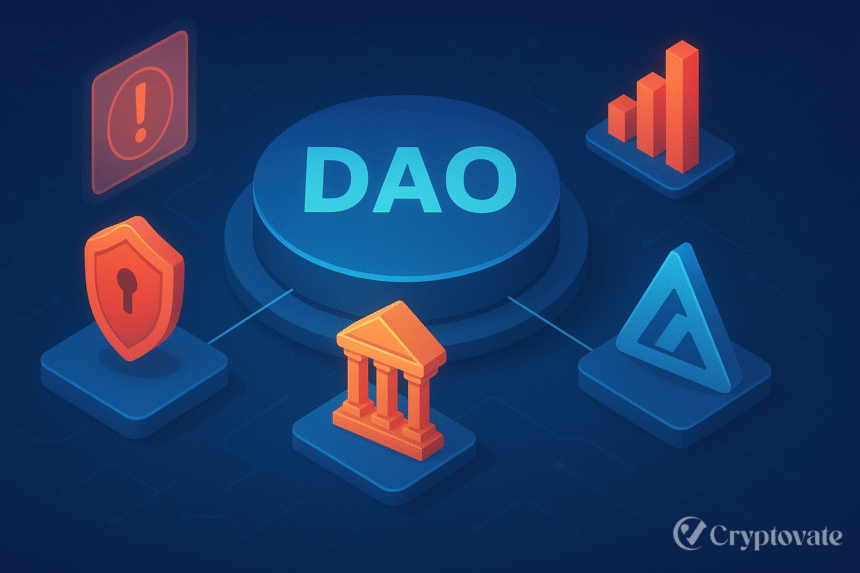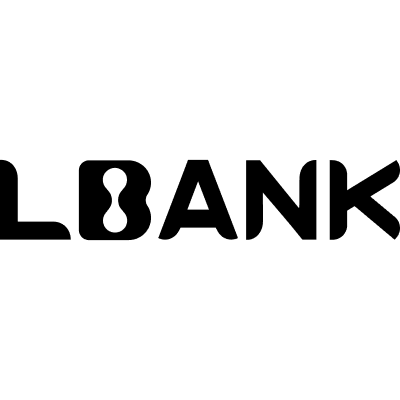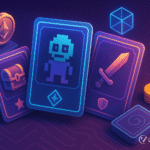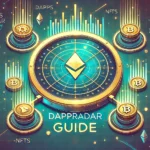– Ad –
| Getting your Trinity Audio player ready... |
Decentralized Autonomous Organizations (DAOs) are transforming industries by enabling trustless, community-driven governance on blockchain networks. From DeFi platforms like Uniswap to social communities like Friends With Benefits, DAOs empower stakeholders to make collective decisions without centralized control. Despite their promise, DAOs encounter major obstacles in 2025, especially in security, governance, and scalability. This article delves into these DAO challenges, offering insights into the risks and potential solutions to ensure their success. For a foundational understanding of DAOs, check out our comprehensive guide to Decentralized Autonomous Organizations.
Security Risks in DAOs: A Persistent Threat
One of the most critical DAO security risks is vulnerabilities in smart contracts, the code that governs DAO operations. A notable example is the 2016 hack of The DAO, where attackers exploited a coding flaw to siphon $50 million in Ether, leading to Ethereum’s controversial hard fork. Even in 2025, smart contract vulnerabilities remain a top concern. According to a 2024 Chainalysis report, DeFi protocols, many of which are DAOs, lost over $1.5 billion to hacks in 2023 alone due to poor code audits and phishing attacks.
Common Security Issues
- Smart Contract Bugs: Errors in code, such as reentrancy attacks, can allow malicious actors to drain funds.
- Phishing and Social Engineering: DAO members are often targeted with fake governance proposals or wallet scams.
- Private Key Compromise: If a member’s private key is stolen, attackers can vote or transfer tokens illicitly.
Solutions to Enhance DAO Security
To mitigate these DAO security risks, organizations can adopt rigorous practices:
- Comprehensive Audits: Engage reputable firms like Trail of Bits or OpenZeppelin to audit smart contracts before deployment.
- Multi-Signature Wallets: Require multiple approvals for critical actions, reducing single points of failure.
- Bug Bounties: Offer rewards for ethical hackers to identify vulnerabilities, as seen with platforms like Aave.
- Education: Train DAO members on phishing prevention and secure wallet management.
By prioritizing security, DAOs can protect their assets and maintain community trust, but governance issues pose another hurdle.
Governance Issues: Balancing Democracy and Efficiency
DAO governance issues arise from their decentralized nature, which aims to democratize decision-making but often leads to inefficiencies and power imbalances. In 2025, these problems with DAOs remain prevalent, as achieving fair and effective governance is complex in a global, pseudonymous environment.
Key Governance Challenges
- Token Concentration: A 2024 Chainalysis study found that in many DAOs, 1% of token holders control 90% of voting power, leading to “whale” dominance. For example, in MakerDAO, large MKR token holders can sway decisions, marginalizing smaller stakeholders.
- Voter Apathy: Low participation rates are common, with only 5-10% of token holders voting in some DAOs, per Snapshot data. This undermines the democratic ethos of DAOs.
- Slow Decision-Making: Decentralized voting across global time zones can delay critical decisions, such as protocol upgrades or fund allocations.
- Malicious Proposals: Bad actors may submit misleading governance proposals, exploiting uninformed voters.
Addressing Governance Problems
To tackle these DAO governance issues, several strategies are emerging:
- Quadratic Voting: This system gives smaller token holders more proportional influence, reducing whale dominance.
- Delegation Mechanisms: Platforms like Compound allow token holders to delegate votes to trusted representatives, boosting participation.
- Time-Bound Proposals: Setting deadlines for voting ensures timely decisions, as implemented by Uniswap.
- Reputation-Based Systems: Some DAOs, like Aragon, experiment with non-token-based governance, rewarding contributions over token ownership.
Effective governance requires balancing inclusivity with efficiency, but scalability remains a critical bottleneck for DAOs in 2025.
Scalability Hurdles: Growing Without Compromise
As DAOs expand in membership and complexity, scalability becomes a significant challenge. Blockchain networks like Ethereum, where most DAOs operate, face limitations in transaction speed and cost, impacting DAO performance. In 2025, these problems with DAOs 2025 are particularly acute as adoption grows.
Scalability Challenges
- High Gas Fees: Ethereum’s gas fees, while reduced post-2022 Merge, can still spike during network congestion, making voting or transactions costly for smaller token holders.
- Network Congestion: During peak usage, transaction delays hinder timely governance, as seen in Uniswap’s 2023 fee switch debates.
- Cross-Chain Complexity: DAOs operating across multiple blockchains (e.g., Polygon, Solana) face interoperability issues, complicating governance and fund management.
- Member Overload: Large DAOs, like Decentraland with thousands of members, struggle to coordinate votes and discussions efficiently.
Solutions for Scalability
To tackle these scalability challenges, DAOs are implementing creative solutions:
- Layer 2 Solutions: Platforms like Optimism and Arbitrum reduce gas fees and speed up transactions, as seen in Aave’s Layer 2 deployments.
- Off-Chain Voting: Tools like Snapshot enable gas-free voting, with results recorded on-chain for transparency.
- Cross-Chain Bridges: Protocols like Wormhole facilitate seamless asset transfers across blockchains, supporting multi-chain DAOs.
- Sub-DAOs: Big DAOs form smaller, focused sub-DAOs to manage specific tasks, enhancing coordination.
By leveraging these solutions, DAOs can scale effectively while maintaining decentralization.
Regulatory and Legal Uncertainties
In addition to technical issues, DAOs confront regulatory obstacles in 2025. Their decentralized nature complicates compliance with traditional legal frameworks. For instance, Wyoming’s 2021 DAO legislation recognizes DAOs as legal entities, but global regulations vary, creating uncertainty. Issues like tax liabilities, liability for smart contract failures, and anti-money laundering (AML) compliance pose risks. DAOs can address this by:
- Registering as legal entities where possible (e.g., Wyoming LLCs).
- Implementing KYC/AML checks for token holders, as trialed by some DeFi DAOs.
- Engaging legal experts to navigate jurisdiction-specific rules.
The Path Forward for DAOs
The challenges of DAOs in 2025—security risks, governance issues, and scalability hurdles—highlight the complexities of decentralized systems. However, with robust solutions like smart contract audits, quadratic voting, Layer 2 scaling, and regulatory compliance, DAOs can overcome these obstacles. As blockchain technology evolves, DAOs have the potential to redefine governance in finance, social communities, and beyond. By addressing these problems proactively, DAOs can build trust and drive adoption in the Web3 era.
FAQs
What are the main DAO challenges in 2025?
The primary DAO challenges in 2025 include security risks (e.g., smart contract vulnerabilities), governance issues (e.g., token concentration, voter apathy), scalability hurdles (e.g., high gas fees, network congestion), and regulatory uncertainties.
How can DAOs improve their security?
DAOs can enhance security through comprehensive smart contract audits, multi-signature wallets, bug bounty programs, and member education on phishing and wallet safety.
Why do DAOs face governance issues?
DAO governance issues stem from token concentration (where whales dominate voting), low voter participation, slow decision-making, and risks of malicious proposals, undermining fair governance.
How do scalability problems affect DAOs?
Scalability problems, like high gas fees and network congestion, increase costs and delay governance processes, while large memberships and cross-chain operations add complexity.
Are there solutions to DAO scalability challenges?
Yes, solutions include Layer 2 networks (e.g., Optimism), off-chain voting tools like Snapshot, cross-chain bridges, and sub-DAOs to streamline coordination.

















